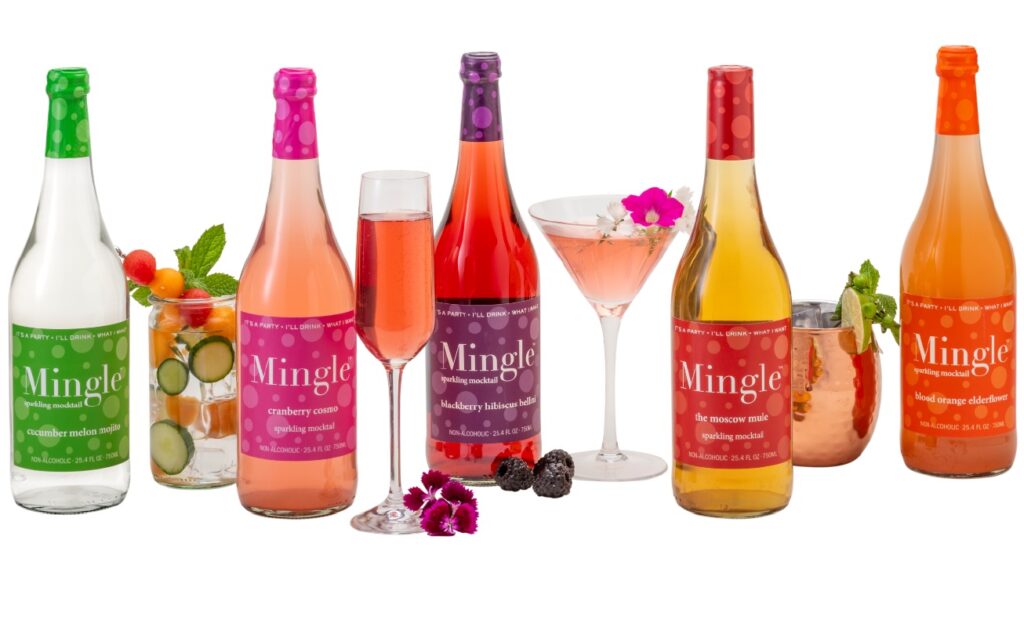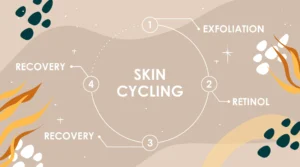The Hidden Dangers of Non-Alcoholic Drinks: Unveiling Their Impact on Health
Non-alcoholic drinks may seem harmless, but they can have detrimental effects on health.

Non-alcoholic drinks have become popular as healthier alternatives to alcoholic beverages. However, it’s important to understand that these drinks can have negative effects on our health. Despite lacking alcohol, many non-alcoholic beverages contain hidden risks that can harm our well-being. In this article, we will explore why non-alcoholic drinks may be bad for our health.

- Excessive Sugar
Non-alcoholic drinks, like sodas, energy drinks, and fruit juices, often have high sugar content. Consuming too much sugar can lead to obesity, type 2 diabetes, heart problems, and tooth decay. These drinks provide empty calories and lack essential nutrients, contributing to an unhealthy diet and weight gain.
- Artificial Sweeteners and Additives
Some non-alcoholic drinks claim to be sugar-free but use artificial sweeteners instead. These additives, like aspartame and sucralose, have raised concerns due to their potential negative impact on health. Studies have linked artificial sweeteners to metabolic disorders, gut microbiota changes, and a possible connection to certain cancers. Non-alcoholic drinks also contain artificial flavors, colors, and preservatives, which can cause allergies and behavioral issues in children.
- Dehydration and Electrolyte Imbalance
Contrary to belief, many non-alcoholic drinks do not effectively hydrate the body. Sodas, sweetened teas, and coffees can contribute to dehydration because they contain caffeine, which acts as a diuretic. This leads to increased urine production and potential fluid loss. Moreover, these drinks often lack essential electrolytes like potassium and sodium, which help maintain the body’s balance. Inadequate hydration can result in fatigue, impaired cognitive function, and more severe health problems.

- Liver Health
Certain non-alcoholic drinks can impact liver health, even without alcohol. Energy drinks, for example, contain high levels of caffeine and stimulants, which can strain the liver and cause damage with excessive consumption. Non-alcoholic cocktails and mocktails may also have excessive amounts of sugary syrups or fruit juices, adding to the burden on the liver and potentially contributing to fatty liver disease.
- Misleading Health Claims
Non-alcoholic drink manufacturers often market their products as healthy alternatives, highlighting specific ingredients or nutritional benefits. However, it’s important to critically evaluate these claims. While some drinks may contain antioxidants or vitamins, the negative aspects mentioned earlier outweigh any potential benefits. Additionally, labeling these drinks as “healthy” can lead to overconsumption as people mistakenly believe they can indulge without consequences.
Conclusion
Non-alcoholic drinks may seem harmless, but they can have detrimental effects on health. Excessive sugar, artificial sweeteners, dehydration, and liver strain are significant concerns associated with these beverages. It’s essential to be mindful of our choices and prioritize water, herbal teas, and fresh fruit juices as healthier options. Moderation and informed decision-making are key to maintaining a balanced and healthy lifestyle.






